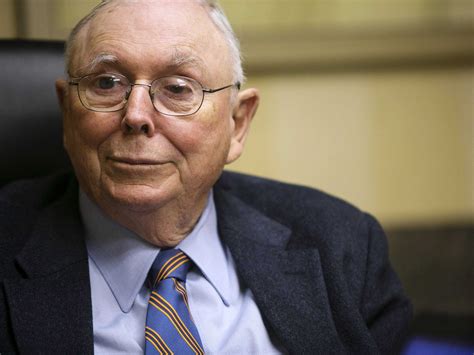A Quote by Vera Farmiga
Doubt is the middle position between knowledge and ignorance. It encompasses cynicism but also genuine questioning.
Related Quotes
When speaking of a "body of knowledge" or of "the results of research," e.g., we tacitly assign the same cognitive status to inherited knowledge and to independently acquired knowledge. To counteract this tendency a special effort is required to transform inherited knowledge into genuine knowledge by revitalizing its original discovery, and to discriminate between the genuine and the spurious elements of what claims to be inherited knowledge.
Knowledge and personality make doubt possible, but knowledge is also the cure of doubt; and when we get a full and adequate sense of personality we are lifted into a region where doubt is almost impossible, for no man can know himself as he is, and all fullness of his nature, without also knowing God.
To know how little one knows is to have genuine knowledge. Not to know how little one knows is to be deluded. Only those who know when they are deluded can free themselves from such delusion. The intelligent people are not deluded, because they know and accept their ignorance as ignorance, and thereby have genuine knowledge.
We have heard of a Society for the Diffusion of Useful Knowledge. It is said that knowledge is power, and the like. Methinks there is equal need of a Society for the Diffusion of Useful Ignorance, what we will call Beautiful Knowledge, a knowledge useful in a higher sense: for what is most of our boasted so-called knowledge but a conceit that we know something, which robs us of the advantage of our actual ignorance? What we call knowledge is often our positive ignorance; ignorance our negative knowledge.
Without any doubt, the regularity which astronomy shows us in the movements of the comets takes place in all phenomena. The trajectory of a simple molecule of air or vapour is regulated in a manner as certain as that of the planetary orbits; the only difference between them is that which is contributed by our ignorance. Probability is relative in part to this ignorance, and in part to our knowledge.
There are many different kinds of doubt. When we doubt the future, we call it worry. When doubt other people we call is suspicion. When we doubt ourselves we call it inferiority. When we doubt God we call it unbelief. When we doubt what we hear on television we call it intelligence! When we doubt everything we call it cynicism or skepticism.
I am convinced that it is impossible to expound the methods of induction in a sound manner, without resting them upon the theory of probability. Perfect knowledge alone can give certainty, and in nature perfect knowledge would be infinite knowledge, which is clearly beyond our capacities. We have, therefore, to content ourselves with partial knowledge - knowledge mingled with ignorance, producing doubt.
It is a common sentence that Knowledge is power; but who hath duly considered or set forth the power of Ignorance? Knowledge slowly builds up what Ignorance in an hour pulls down. Knowledge, through patient and frugal centuries, enlarges discovery and makes record of it; Ignorance, wanting its day's dinner, lights a fire with the record, and gives a flavour to its one roast with the burnt souls of many generations.




































